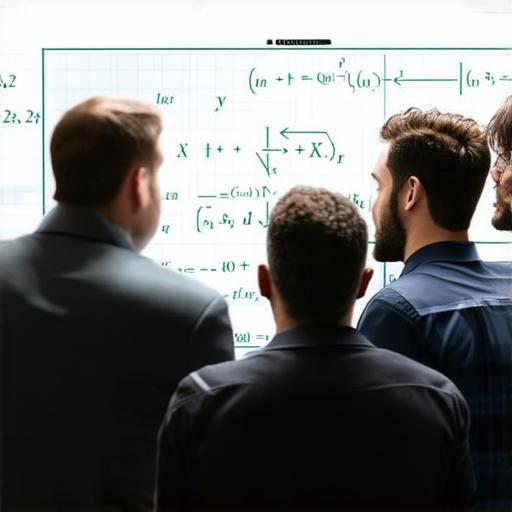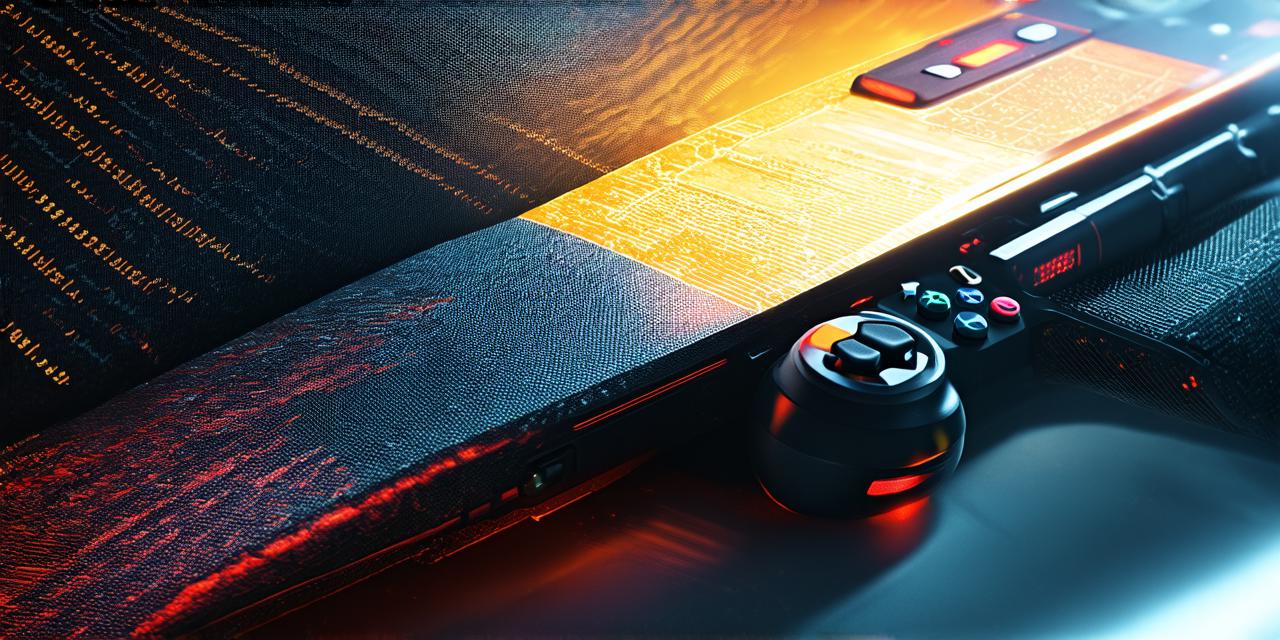Understanding Physics in Game Development
Physics is the study of matter, energy, and their interactions. It’s a fundamental science that governs everything from the movement of objects on Earth to the behavior of particles in the universe. In game development, physics is used to create realistic and believable simulations of the physical world within a virtual environment.
In order to develop games that accurately simulate the real world, developers need to have a deep understanding of physics. This includes things like gravity, friction, collision detection, and more. By understanding these concepts, developers can create game mechanics that feel natural and intuitive to players, which is crucial for creating an engaging gameplay experience.
Case Studies: Physics in Game Development
Uncharted 4: A Thin Line
In Uncharted 4, developers used physics to create incredibly realistic and dynamic environments for players to explore. For example, the game features a highly detailed cityscape that simulates the behavior of real-world buildings and structures. This allows players to feel like they’re truly exploring a real city, rather than just a virtual one.
Portal 2
In Portal 2, developers used physics in a unique and creative way to create an immersive and challenging puzzle game. The game features a series of portals that allow players to manipulate the laws of physics, like creating a bridge between two surfaces or moving objects through walls. By using physics as a core gameplay mechanic, Portal 2 offers a fresh and unique gaming experience that appeals to both casual and hardcore gamers.
The Witcher 3: Wild Hunt
The Witcher 3: Wild Hunt is another example of how physics can be used to create a realistic and immersive game world. In the game, players control Geralt of Rivia, a monster hunter who must navigate through a vast open world filled with dangerous creatures and treacherous terrain. By simulating the behavior of real-world objects and environments, developers were able to create a believable and challenging game world that keeps players engaged for hours on end.
Expert Opinions

To get a better understanding of how physics plays a role in game development, we spoke with some experts in the field. Here’s what they had to say:
“Physics is a fundamental part of game design,” says John Carmack, co-founder of id Software. “Without a deep understanding of physics, games can feel artificial and unrealistic. By simulating the behavior of real-world objects and environments, we can create game worlds that feel more authentic and engaging to players.”
“Physics is also an important tool for creating challenging and immersive gameplay experiences,” says Jim Guthrie, lead game designer at Nintendo. “By using physics as a core mechanic, we can create games that require players to think creatively and strategically in order to overcome obstacles.”
“Physics is also an essential part of creating realistic and believable character movement,” says Richard Devine, lead physics programmer at Rockstar Games. “By simulating the behavior of real-world objects and environments, we can create characters that move and interact with their world in a way that feels natural and intuitive to players.”
The Future of Physics in Game Development
As technology continues to evolve, we can expect to see even more innovative uses of physics in game development. For example, as virtual reality becomes more prevalent, developers will need to find new ways to simulate the physical world in order to create immersive and believable environments for players to explore.
Additionally, advances in AI and machine learning technology are likely to lead to more sophisticated physics simulations that can adapt to player behavior and create even more dynamic and challenging gameplay experiences.
FAQs
Q: Do I need to have a degree in physics to be a game developer?
A: While having a degree in physics can be helpful, it’s not necessary for game development. Many successful game developers come from a variety of backgrounds and fields of study. However, a strong understanding of physics can certainly be an asset when developing games that require realistic simulations of the physical world.
Q: Can physics be used to create games that don’t involve real-world environments?
A: Yes, physics can also be used to create abstract and imaginative game worlds that don’t necessarily simulate the physical world as we know it. For example, physics can be used to create puzzles or other types of games that require players to think creatively about how objects interact with each other in a new and unique way.
Q: Are there any downsides to using physics in game development?
A: While physics can greatly enhance the realism and immersion of a game, it can also be a complex and resource-intensive process. Developers need to carefully balance the level of detail and realism they want to achieve with the performance demands of their game, as too much physics simulation can lead to slow loading times and other technical issues.
Summary
In conclusion, developing games necessitates knowledge of physics in order to create realistic and immersive gaming experiences that engage players and keep them coming back for more. From creating believable environments to simulating realistic character movement, physics is a fundamental tool for game developers to create engaging and challenging gameplay experiences. As technology continues to evolve, we can expect to see even more innovative uses of physics in game development in the future.



